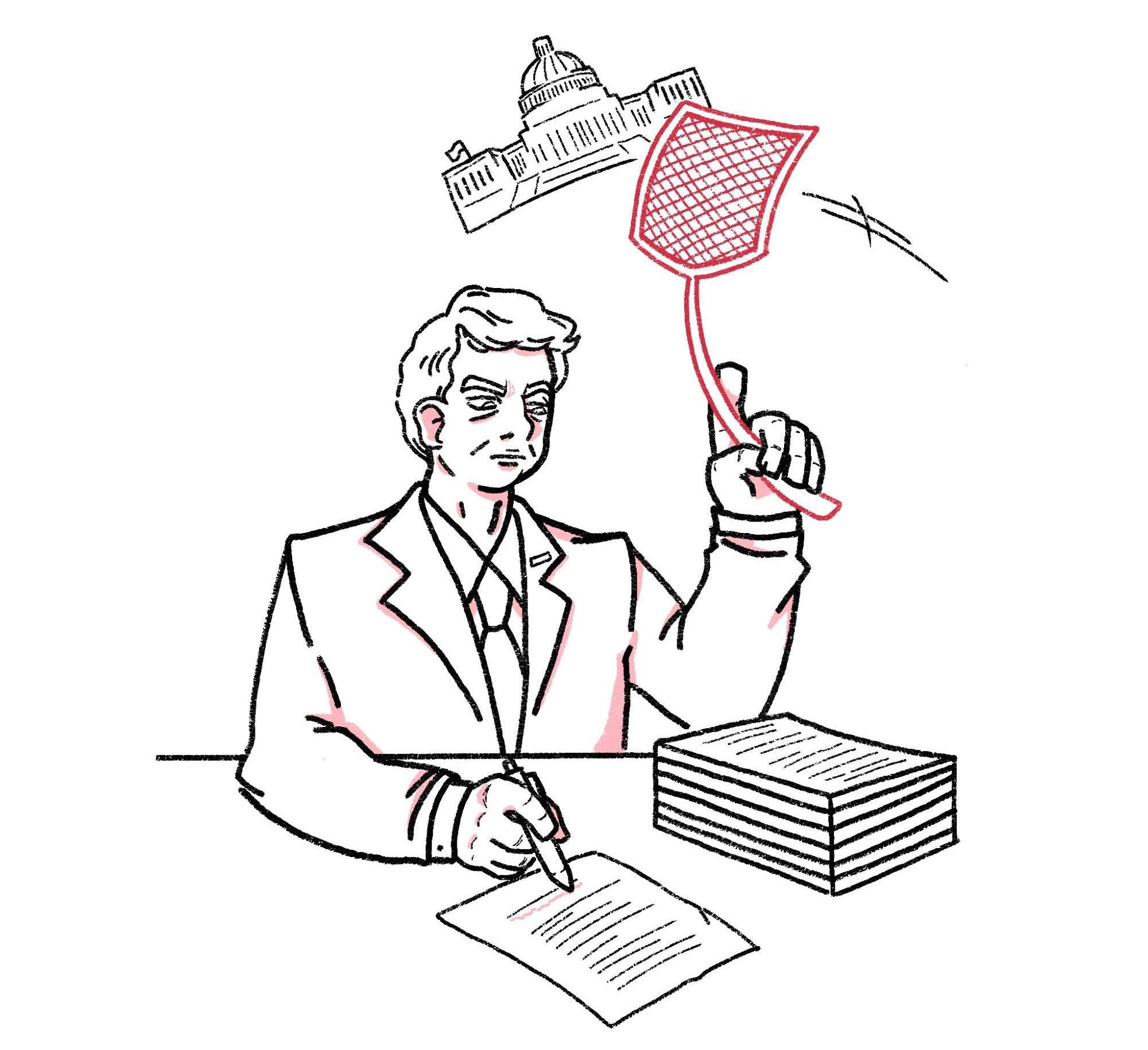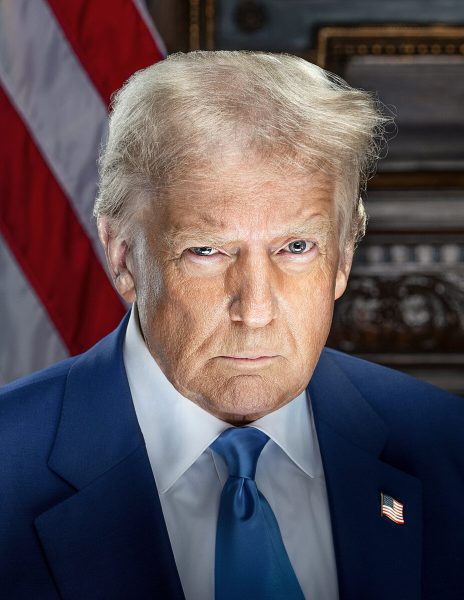
The new president had already signed over 30 executive orders ten days into his new term, all dealing great changes to the United States.
Trump’s plans aren’t just domestic, though. His plans to buy the Panama canal and potentially Greenland will greatly impact his legacy in the long term.
One of Trump’s initial executive actions targeted immigration enforcement, prioritizing the termination of the “catch-and-release” program of the Biden administration. This policy previously allowed individuals who crossed the border illegally to remain in the United States while their immigration cases were processed, leading to increased instances of illegal border crossings.
Since Monday, Border Czar Tom Holman has deployed ICE around the nation to begin the process of deportations, one in which surprisingly has happened quite early in the new Administration.
Trump also plans to end Birthright Citizenship, which would violate the 14th Constitutional Amendment, and may cause problems for certain citizenship laws in the country and will probably drag Trump into a long legal battle over the law and passing it.
A more “controversial” act of the nation is its withdrawal from the Paris Climate Agreement, an act that would affect the Nations climate and greenhouse gas emissions.
The U.S. pulling out of the agreement will benefit the nation’s economy as we won’t have to pay as much money to the nations in the agreement and reduce climate efforts. Although this will reduce national spending, it won’t necessarily benefit the environmental situation in the states, as an increase in carbon footprint will be expected in the next four years.
A big part of Trump’s administration is the emphasis on turning away from overseas trade and aiming for more domestic production. In baseline, this is an excellent idea, but lowering inflation and foreign spending will definitely take a long period of time to do and certainly more than four years.
Many in the U.S. are against using tariffs on other countries. In the long term, however, taxing other countries on their imports will encourage the nation to be more self-sufficient in producing their day-to-day commodities.
Overtime, more money can recirculate into the national economy, decreasing debt and inflation while raising the cost of the dollar at the same time.
This could also increase job opportunities, overall strengthening the U.S. economy as a whole and displaying our independence and non-reliance on other nations. This will take a lot of work and it’s something that’ll be both costly for the government and its citizens.
However, excessive tariffing is something that needs to be immediately regulated. While posing import taxes isn’t a bad idea, immoderate taxing could could hinder trade, something that would bring us detrimental effects.

(Wikimedia Commons/Daniel Torok)
The official designation of drug cartels as “terrorist organizations” is a monumental step in stopping the opioid epidemic in the States. Hopefully, with the assistance of the government body, substantial reprisals can be implemented on the international drug cartel industries, along with the other affairs they are involved in, like human or firearm trafficking.
America is a linchpin in the world for crime because of its size, especially in the big cities, so eradicating the misdeeds from our past is a goal that needs to be achieved in the next few years.
The allocations of tens-to hundreds of billions of dollars worth of aid to foreign war also needs to be regulated. While supporting NATO allies is a key issue, especially as conflict seems to grow more prevalent across the globe, sending hundreds of billions of dollars to foreign nations to support our side is just inefficient.
With an economy seeing only inflation and debt, sending hundreds of billions of dollars to a war thousands of miles away from us is just not in the American citizen’s interest and doesn’t benefit anyone except corporations making the weapons.
Should we stop sending any aid to overseas wars?
No. But the amount we’re spending currently always won’t be enough and is draining the little we have left.
Instead, finding ways to mediate peace in some way between multiple sides is something that’ll be more effective and won’t cost us nearly as much. Trump hasn’t really taken much action on this end and it’s quite unpredictable what he’ll do on the topic of war aid, so we really don’t know as of currently.
Trump has signed many more executive orders that haven’t been mentioned in this article, but these were the most pressing ones. If Trump truly gets his way with these laws, America definitely will be much different from how it previously was–and on a great scale.























































